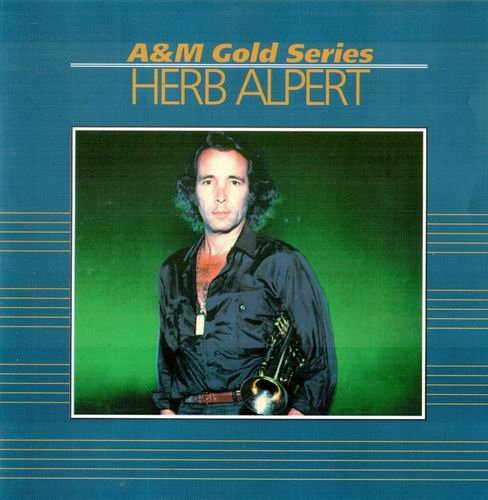Lajos Lencsés, János Bálint, Budapest Strings - Antonio Salieri - La Veneziana (2011)
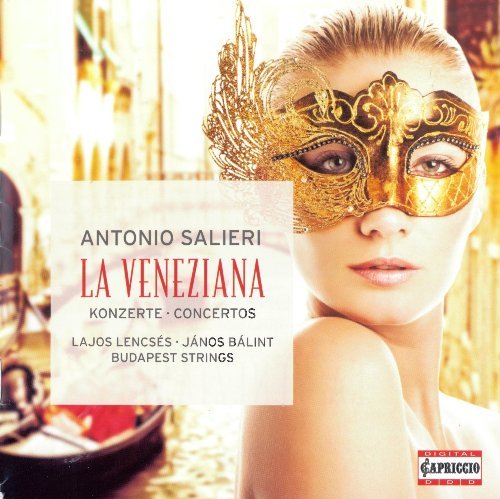
Artist: Lajos Lencsés, János Bálint, Budapest Strings
Title: Antonio Salieri - La Veneziana
Year Of Release: 2011
Label: Capriccio
Genre: Classical
Quality: FLAC (image+.cue,log,scans)
Total Time: 53:40
Total Size: 260 Mb
WebSite: Album Preview
Tracklist: Title: Antonio Salieri - La Veneziana
Year Of Release: 2011
Label: Capriccio
Genre: Classical
Quality: FLAC (image+.cue,log,scans)
Total Time: 53:40
Total Size: 260 Mb
WebSite: Album Preview
Antonio Salieri (1750-1825)
[1]-[3] Concerto for oboe, violin, cello and orchestra in D major "Triple Concerto"
[4]-[6] Concerto for flute, oboe and orchestra in C major
[7]-[9] Symphony in D major for chamber orchestra "La Veneziana"
Performers:
Lajos Lencses, oboe
Janos Balint, flute
Bela Banfalvi, violin
Karoly Botvay, cello
Budapest Strings
Though often ignored, underplayed, or even reviled, Antonio Salieri is a brilliant composer who deserves to be honored among all the great composers, including his student W.A. Mozart. Fortunately, the Budapest Strings do Salieri's compositions justice on this bright, cheerful album of three works for chamber orchestra. Salieri's Concerto for oboe, violin, cello, and orchestra is simply lovely. Beginning with a bright, full, assured sound from the orchestra, it invites the listener on a musical journey that is never less than engaging. The soloists play beautifully together, never missing a note. The violinist has a solid core to his sound; it is especially notable in the Cantabile, which is richly textured, even for a slow movement. Each instrument's voice in the orchestra is carefully shaped, and this brings out the counterpoint and various lines in the music. Certainly, the syncopation before the end of the second movement is a bit odd, but Salieri compensates by giving the listener an elegant, concluding movement. The recording quality is excellent, and the musicians come across as confident and assured without being aggressive. The second work on the album is a double concerto with orchestra. One can hear the bow attacks in the sprightly beginning, contrasting with the fluid agility of the flute and the pinpoint precision of the oboe. All the accents are accurately observed, and the orchestra plays with vigor. The stately Largo that follows maintains a nice pulsing feel underneath the soloists' lines. The flute and oboe play in perfect unison in the Allegretto, with a sense of playfulness. The oboe's articulation is clear, and he, too, is confident and solid in his technique. Oddly, it is the title tracks that are the least noteworthy on this album, though they are certainly well done. One might hear echoes of The Marriage of Figaro in the beginning of La Veneziana, where the strings play together wonderfully. Actually, perhaps it is more accurate to say that the spirit of The Marriage of Figaro drew on inspiration from the teacher. Conductor Bánfalvi draws out an Andantino grazioso that is never dull or motionless (something that often happens in slower movements of orchestral works). All of this raises an inevitable yet perhaps unfair question: how does Salieri's work differ from Mozart's? One might say that this music feels more mature and textured, whereas the latter very often placed a strong emphasis on melody. But it is best to simply evaluate Salieri's works on their own terms, and if these pieces are representative, they are impressive.
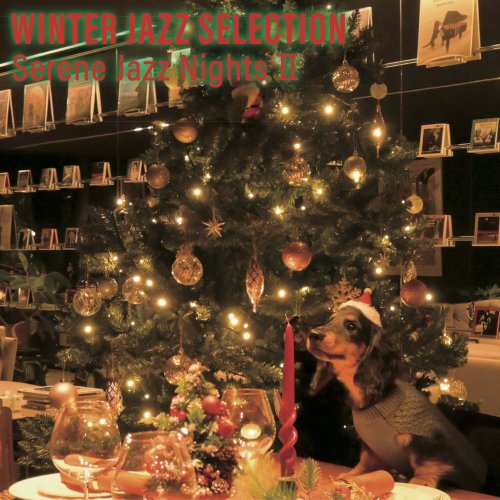
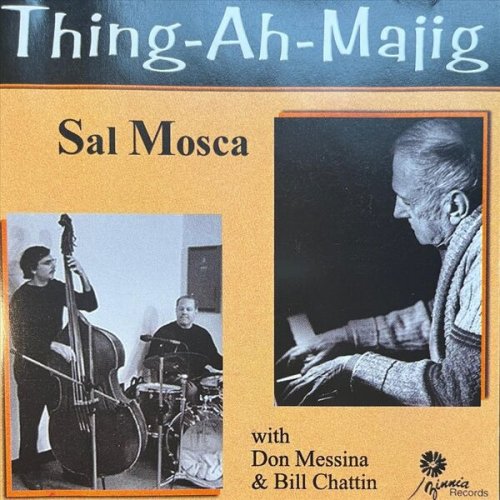



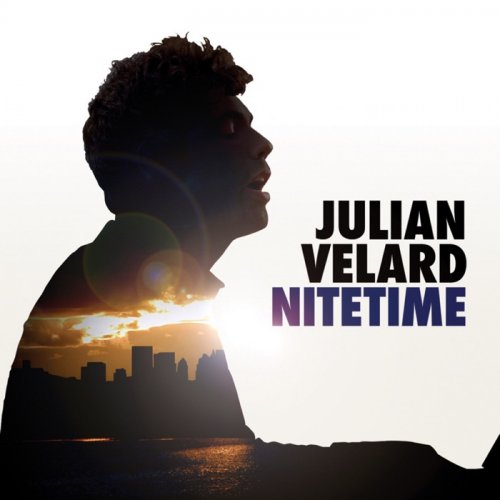
![Bobby Meckam - Trumpet and Jazz in Strings (1981/2025) [Hi-Res] Bobby Meckam - Trumpet and Jazz in Strings (1981/2025) [Hi-Res]](https://www.dibpic.com/uploads/posts/2025-12/1766062047_cover.jpg)
![Paul Mauriat - Après toi (1972) [Hi-Res] Paul Mauriat - Après toi (1972) [Hi-Res]](https://img.israbox.com/img/2025-12/19/7apc8ramq91sp9mgfuj4lcflg.jpg)
